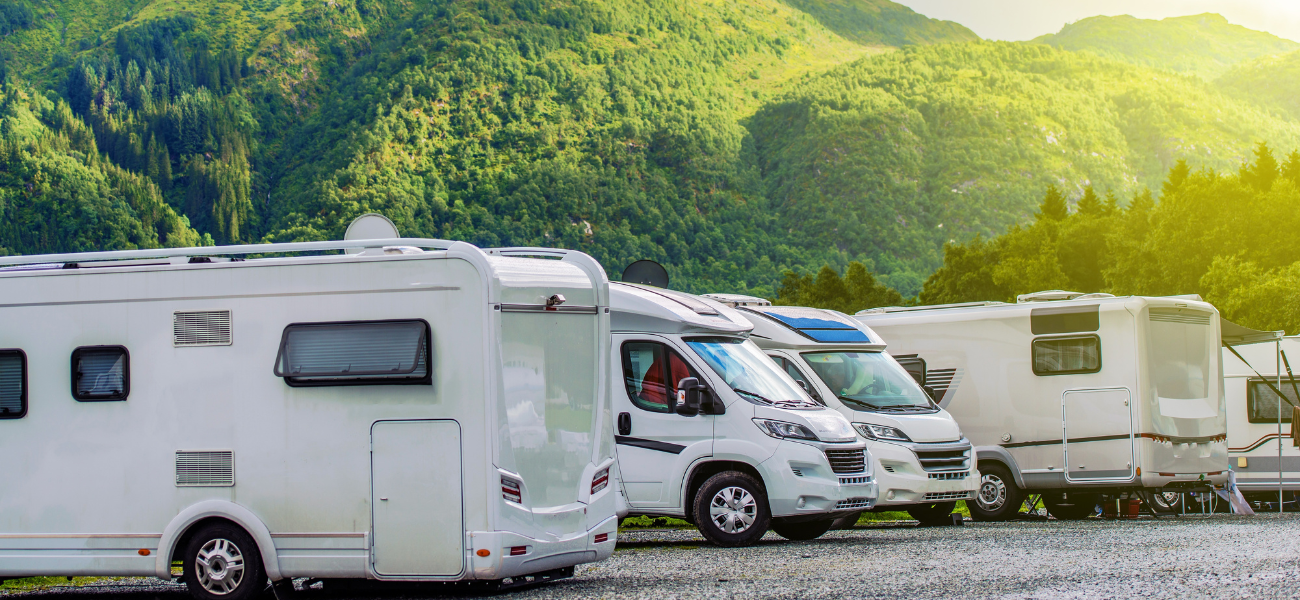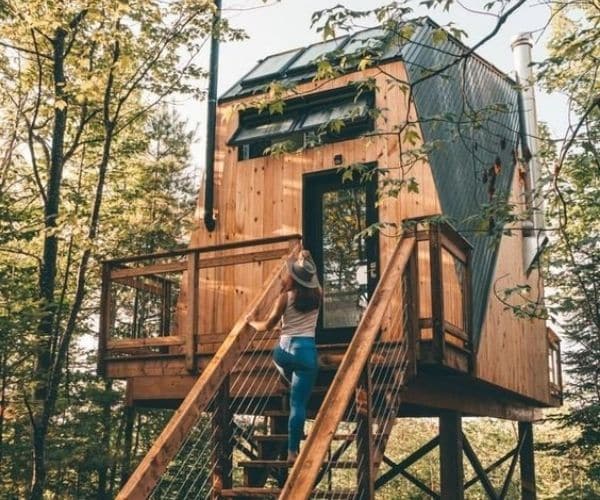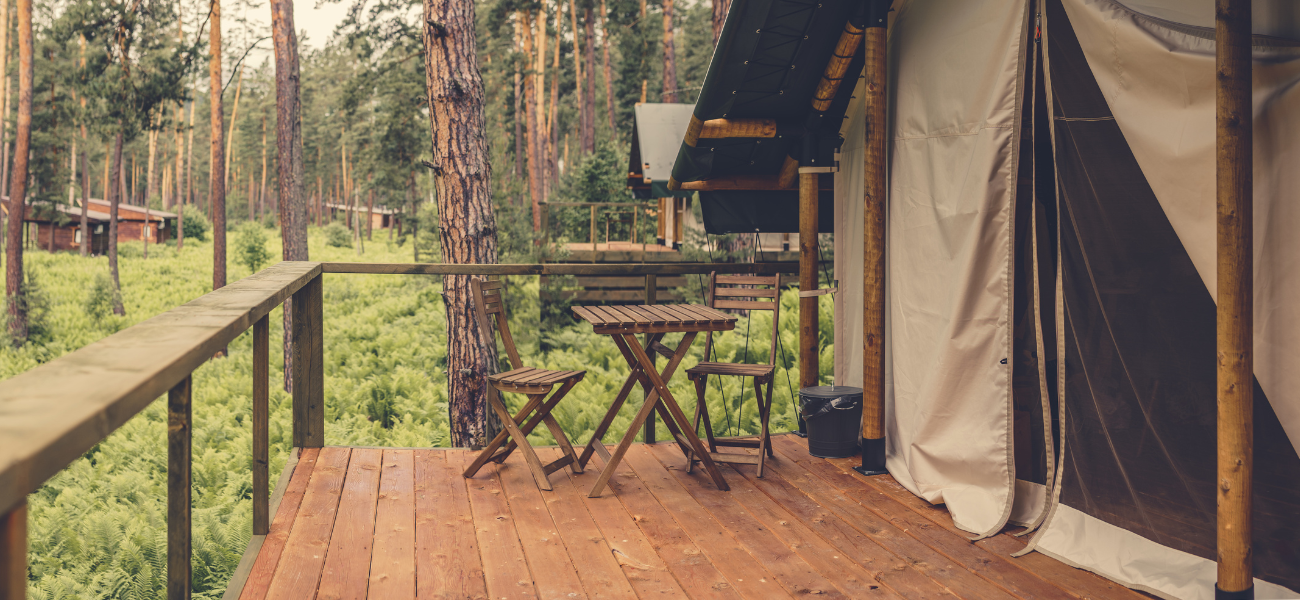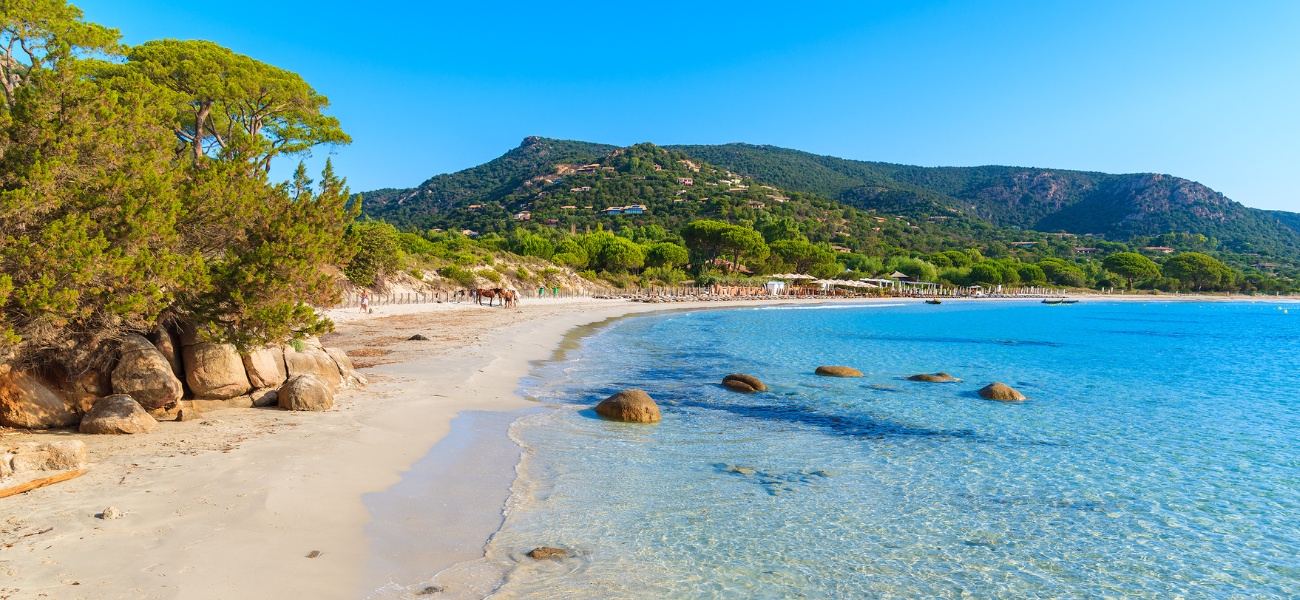Living on the road, waking up to beautiful landscapes, and bonding over a campfire. That’s the reality of an RV life.
Renting an RV can be a great way to experience the great outdoors without sacrificing comfort or convenience. There is no need to give those up even with a road trip or any outdoor adventure. However, with so many types of RVs and motorhomes, it can be difficult to decide which one is right for you. In this blog post, we’ll explore the most popular types of motorized RVs and list their pros and cons. Keep reading to learn how to choose the perfect RV for your next adventure.
What exactly is a motorized RV?
Motorized vs. towable RVs
First of all, you need to decide whether you want a towable RVs without an engine or a drivable RV with an engine.
Motorized RVs
An RV with full driving capability is a motorized RV. It is constructed as an individual vehicle, therefore, doesn’t require you to tow it. Just get on board and drive away.
Caravan Campers
On the other hand, towable RVs do not have an engine and so they cannot be directly operated. That is why you need another vehicle to tow the camper.
What Types of RVs and Motorhomes Are There?
Let’s start by discussing several RV categories that exist.
- Class A Motorhome
- Class B Motorhome
- Class C Motorhome
- Campervan
- Truck Camper
1. Class A Motorhomes

- Class A motorhomes is the largest and most luxurious category of RVs. They often feature high-end amenities like a full-size kitchen, multiple bedrooms and bathrooms. Some might even have a garage for a small car or a motorcycle. This type of RV is truly huge. It’s 10,05 meters long and 4,11 meters tall which makes it almost the size of a bus. Experienced RVers and people who are looking for a true home away from home tend to chose these.
Pros:
- Class A motorhomes are incredibly spacious and luxurious, with ample room for living, sleeping, and entertaining.
- They are often equipped with top-of-the-line amenities and appliances, which can make your travels feel like a true vacation.
- Class A motorhomes are well-suited for long-term stays. That makes them a popular choice for travelers who spend extended periods of time on the road.
Cons:
- Class A motorhomes are the most expensive type of RV to rent
- It needs a lot of space to maneuver, and park it which might make it more difficult to explore remote landscapes.
2. Class B Motorhomes

- Class B motorhomes, also known as camper vans, are smaller and more compact than Class A motorhomes. However, they’re larger than traditional campervans with the length of 6,09 meters and height of 2,43 meters. They are built on a van frame and often include a sleeping area, a small kitchen, and a bathroom.
Pros:
- Class B motorhomes are more comfortable and spacious than traditional campervans, making them a great option for longer trips.
- They are easier to drive and park than larger RVs. This is a major advantage in crowded areas or on narrow roads.
- Class B motorhomes are often more fuel-efficient than Class A motorhomes, which can save you money on gas.
Cons:
- They are still relatively small and may feel cramped or uncomfortable for some travellers.
- Class B motorhomes may not be as well-equipped as larger RVs. You might have trouble preparing meals or staying comfortable in extreme weather conditions.
- Some Class B motorhomes do not have a bathroom or shower, which could be inconvenient for travellers who plan to stay in remote areas without access to public restrooms.
3. Class C Motorhome

- A class C motorhome is recognizable thanks to its cab-over design. This space can be an additional storage space or a place for an extra bed. Class C motorhome constructed on a truck frame and is on the larger end of the RV spectrum.It is 8,53 meters long and it’s height is 3,04 meters.
Pros:
- They offer a compromise between capacity and size. The range that Class C motorhomes come in is great. There are ones that are the same size as Class A but also much smaller ones. The smaller ones fit in a parking space, which is very practical.
- These campers come in a wide variety to meet practically any demand.
Cons:
- They offer less storage than Class A Motorhomes
- Class C tends to achieve poorer gas mileage than a Class B motorhome
4. Campervans

- Campervans are a popular because they provide convenience of an RV without the bulk or expense of a larger model. Typically built on a standard van frame, campervans are smaller and more maneuverable than other types of RVs. This makes them a great option for travelers who plan to go off the beaten path and drive along narrow and winding roads.
Pros:
- Campervans are easy to drive and park, which makes them a good choice for novice RVers.
- They are often more fuel-efficient than larger RVs, which can save you money on gas.
- Many campervans provide basic amenities like a small kitchen, a bed, and a toilet or shower. They are therefore comfortable for overnight stays.
Cons:
- Their compact size might make travelers used to more spacious accommodation a little cramped and uncomfortable.
- They may not be as well-equipped as larger RVs which could make cooking less comfortable.
- Some campervans do not have a bathroom or shower, which could be inconvenient if you’re planing to stay in remote areas without access to public restrooms.
5. Truck Camper

Truck campers are compact RVs that are designed to be loaded onto the bed of a pickup truck. They often include a sleeping area, a small kitchen, and a bathroom, and can be removed from the truck when not in use.
Pros:
- Truck campers are highly versatile and can be used for camping and road trips as well as for construction projects.
- They are often more affordable than other types of RVs, which makes them a great option for budget-conscious travelers.
- Truck campers are compact and easy to maneuver. That makes them a great option for travelers who want to explore remote areas and stay off the beaten path.
Cons:
- Truck campers can feel cramped and uncomfortable for some travelers, especially those who are taller or have mobility issues.
- They may not be as well-equipped as larger RVs, which could limit your ability to prepare meals.
- Truck campers can be heavy and difficult to load onto and off of the truck.
Standard Width of Every Type of an RV or a Motorhome
In Europe, despite the type of an RV or a motorhome the average width is usually up to about 2.5m. That is because European countries limit the maximum width of the vehicle to 2.5m to accommodate the roads.
What Should I Consider When Renting an RV?
When it comes to renting any type of a motorhome, there are several factors to consider. Read through the following tips to help you make the best decision:
1. Determine your needs
Consider the size of your travel party, the length of your trip, and the types of activities you plan to do. This will help you decide what type of RV will be most suitable for your needs.
2. Set a budget
RV rental prices vary widely depending on the type of vehicle, the season, and the rental company. Set a budget and stick to it to avoid overspending.
3. Check for amenities
Look for RVs with the amenities you need, such as a full kitchen, a bathroom with a shower, air conditioning, etc. Make sure the RV has enough sleeping space and storage.
4. Consider your driving experience
Larger RVs can be more challenging to drive and park, especially in urban areas or on narrow roads. If you are not comfortable driving a large vehicle, consider a smaller RV or a towable trailer.
5. Check the rental policies
Make sure you understand the rental policies and restrictions. Check mileage limits, insurance coverage, and any additional fees. Some rental companies may also have age restrictions or require a special license to drive certain types of RVs.
6. Read reviews of other RV renters
Before renting an RV, read reviews from previous renters to get an idea of the rental company’s customer service and the condition of the vehicles.
By considering these factors and doing your research, you can choose an RV that best meets your needs and budget to have a great time on your trip. And while you’re doing your research be sure to also check out Campsaround. There you’ll find a safe and comfortable place to park your RV for the night. It will allow you to focus on enjoying the surroundings and exploring all the attractions your destination has to offer. So whether you’re planning a weekend getaway or a long road trip, with Campsaround you can book your RV site and make your trip one to remember.





